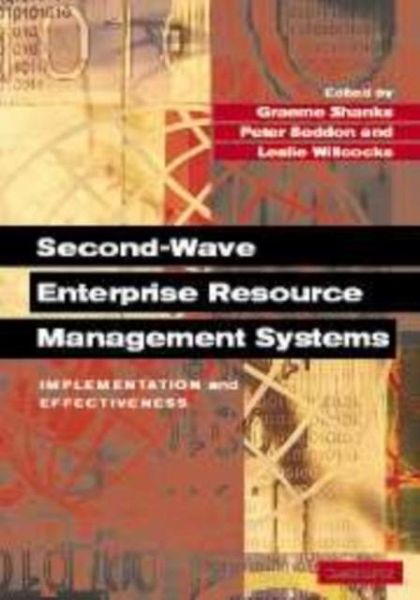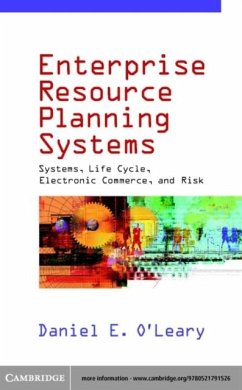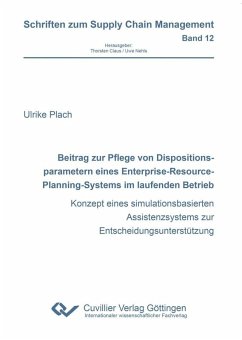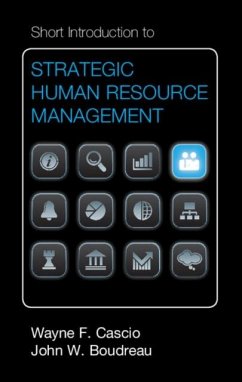
Second-Wave Enterprise Resource Planning Systems (eBook, PDF)
Implementing for Effectiveness
Redaktion: Shanks, Graeme
Versandkostenfrei!
Sofort per Download lieferbar
82,95 €
inkl. MwSt.
Weitere Ausgaben:

PAYBACK Punkte
41 °P sammeln!
The focus of this book is on the most important class of enterprise system, namely Enterprise Resource Planning (ERP) systems. Organisations typically take the decision to employ ERP systems in an attempt to streamline existing processes. Once these systems are in place, however, their success depends on the effectiveness of the implementation, and on the additional benefits that can be obtained by further leveraging the technology. In this book, the editors have assembled some of the world's best research on ERP systems, with a view to providing a foundation for second wave improvements to en...
The focus of this book is on the most important class of enterprise system, namely Enterprise Resource Planning (ERP) systems. Organisations typically take the decision to employ ERP systems in an attempt to streamline existing processes. Once these systems are in place, however, their success depends on the effectiveness of the implementation, and on the additional benefits that can be obtained by further leveraging the technology. In this book, the editors have assembled some of the world's best research on ERP systems, with a view to providing a foundation for second wave improvements to enterprise systems. Written primarily for managers and consultants, this book is also an ideal reference for business schools and researchers.
Dieser Download kann aus rechtlichen Gründen nur mit Rechnungsadresse in A, B, BG, CY, CZ, D, DK, EW, E, FIN, F, GR, HR, H, IRL, I, LT, L, LR, M, NL, PL, P, R, S, SLO, SK ausgeliefert werden.













